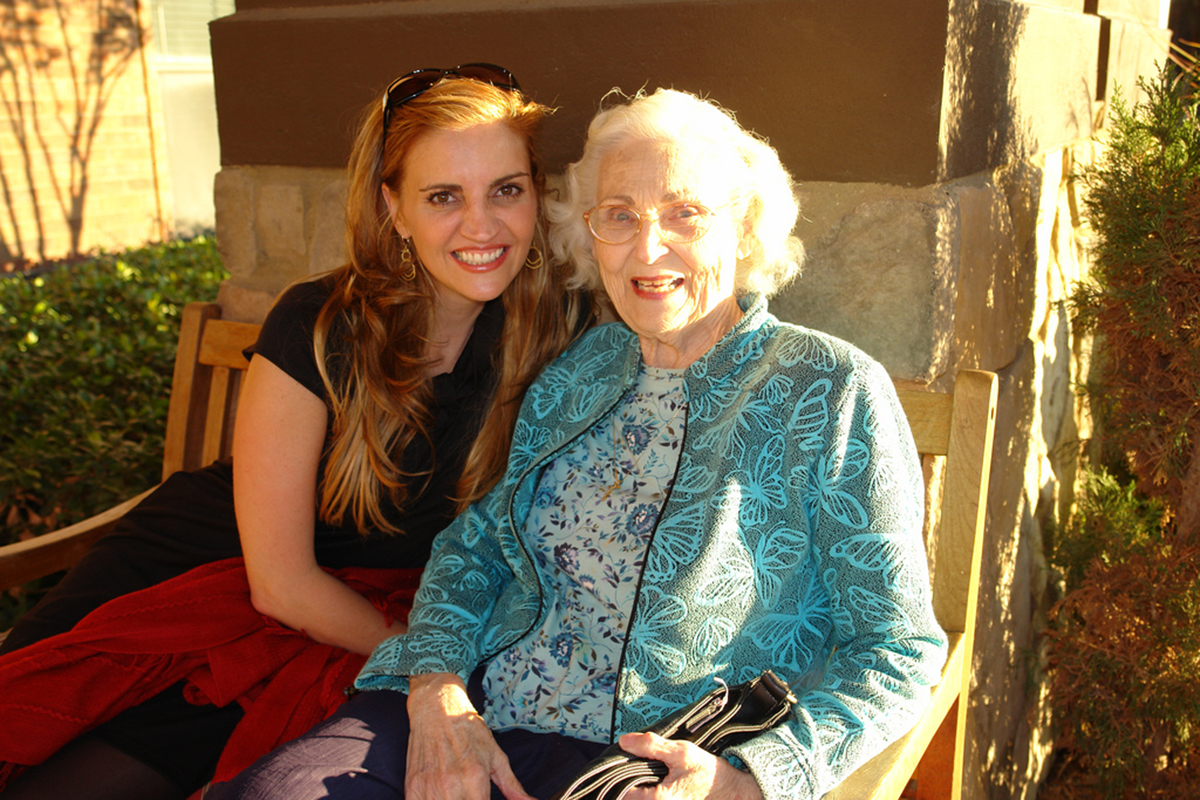Table of Contents
Don't Be Disgusted By Things
Pee, poo, blood, vomit, pain, sorrow, agony, needles, depression, death wishes, boils, diabetic leg sores, mental illness, hoarding, people who steal others' cats, you'll see it all. If you really, really want to not see even one of the things on this list, get a desk job. 'Nuff said.
When things get rough, and they will, humor is often a great way to deal with things. One lady, who has Irritable Bowel Syndrome, warned me when I had a "shitty job" to do for instance — quite literally, since the stuff was all over the bathroom. Laughing it off makes things that can be embarassing to elderly people and carefivers alike so much more easy to deal with.

Communication
The people you work with are going to have different needs, and different communication skills. Some will immediately tell you what they expect from you, while others are more timid. The most powerful communication skill you have at your disposal is asking questions. Especially when it comes to people's bodies, it's very important to ask for permission before doing anything, rather than just doing things the way you think they ought to be done. At the same time, make sure to watch out for non-verbal communication like unhappy faces, angry faces, or grunts.
Also, don't let your customers cross your boundaries — any job that involves working with people is a two-way street. Some people will ask you very personal questions you don't want to answer. Some will even hit on you, while others may try to hit you. What can you do? Brush them off with a funny remark, and if that doesn't work, have a serious chat in which you make your boundaries absolutely clear.
One more thing — though keeping in touch with the relatives of the people you care for is probably not going to be part of your job description, I do this (with my customers' consent, of course). Relatives who live far away often feel left out of the loop, and can be the last to find out about hospitalizations, a decline in mobility, and things like that. Keeping them informed means they have the opportunity to come and spend time with their loved-ones during times when it matters most.
READ How To Keep An Eye On Your Family Member In A Nursing Home
Working With People You Don't Like
Sometimes it's rather difficult to bring yourself to work for someone who doesn't appreciate you, or for someone who you don't appreciate. It does happen. Some people are mean. Some are racist, sexist, or both. Some people have mental illnesses that make them act strangely. Some think you are their personal slave. Accept that there will be people you don't get on with. These people deserve help too. Sometimes, you'll be able to provide that help even though you don't like them. Sometimes, it's best if you don't work with such a person.
- Photo courtesy of Ralph Zuranski via Flickr: www.flickr.com/photos/rzuranski/6444842565
- Photo courtesy of Ralph Zuranski via Flickr: www.flickr.com/photos/rzuranski/6444826991


Your thoughts on this